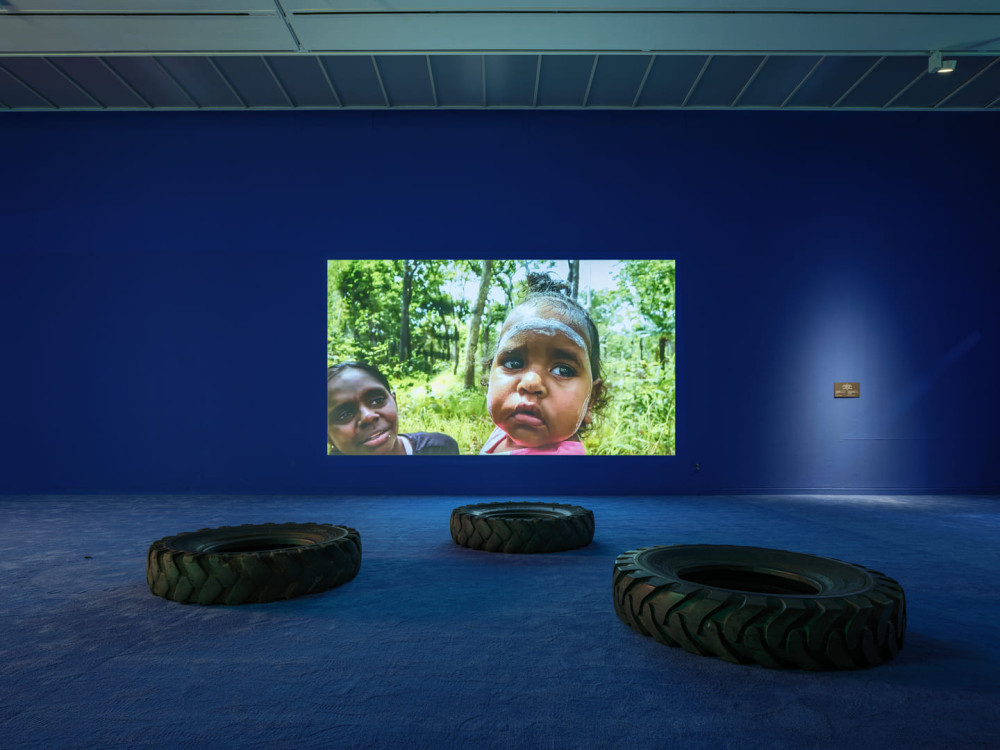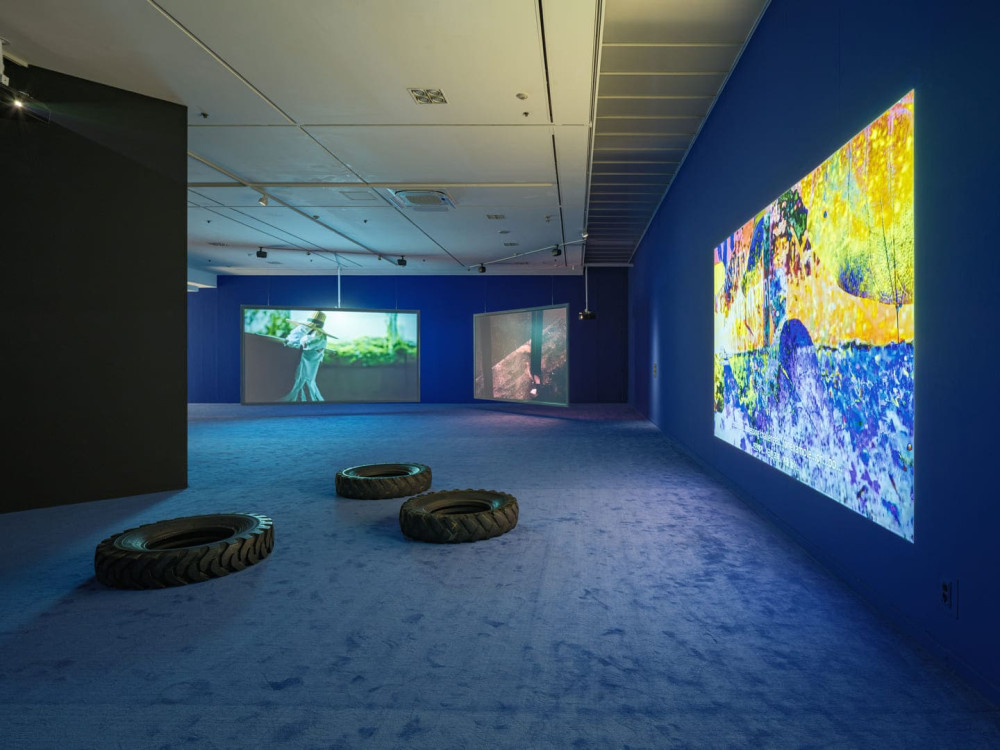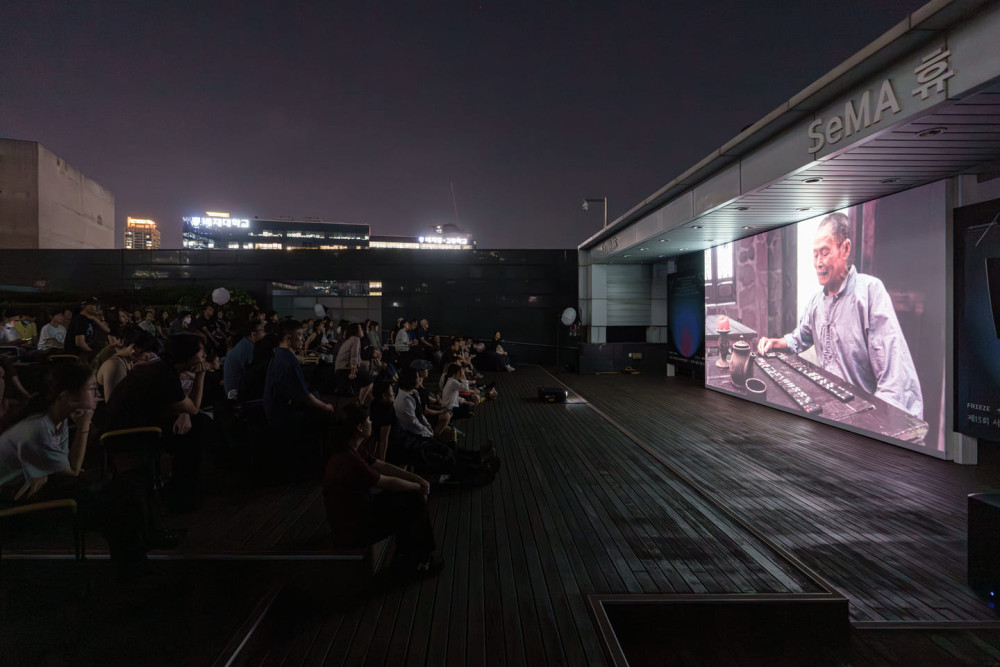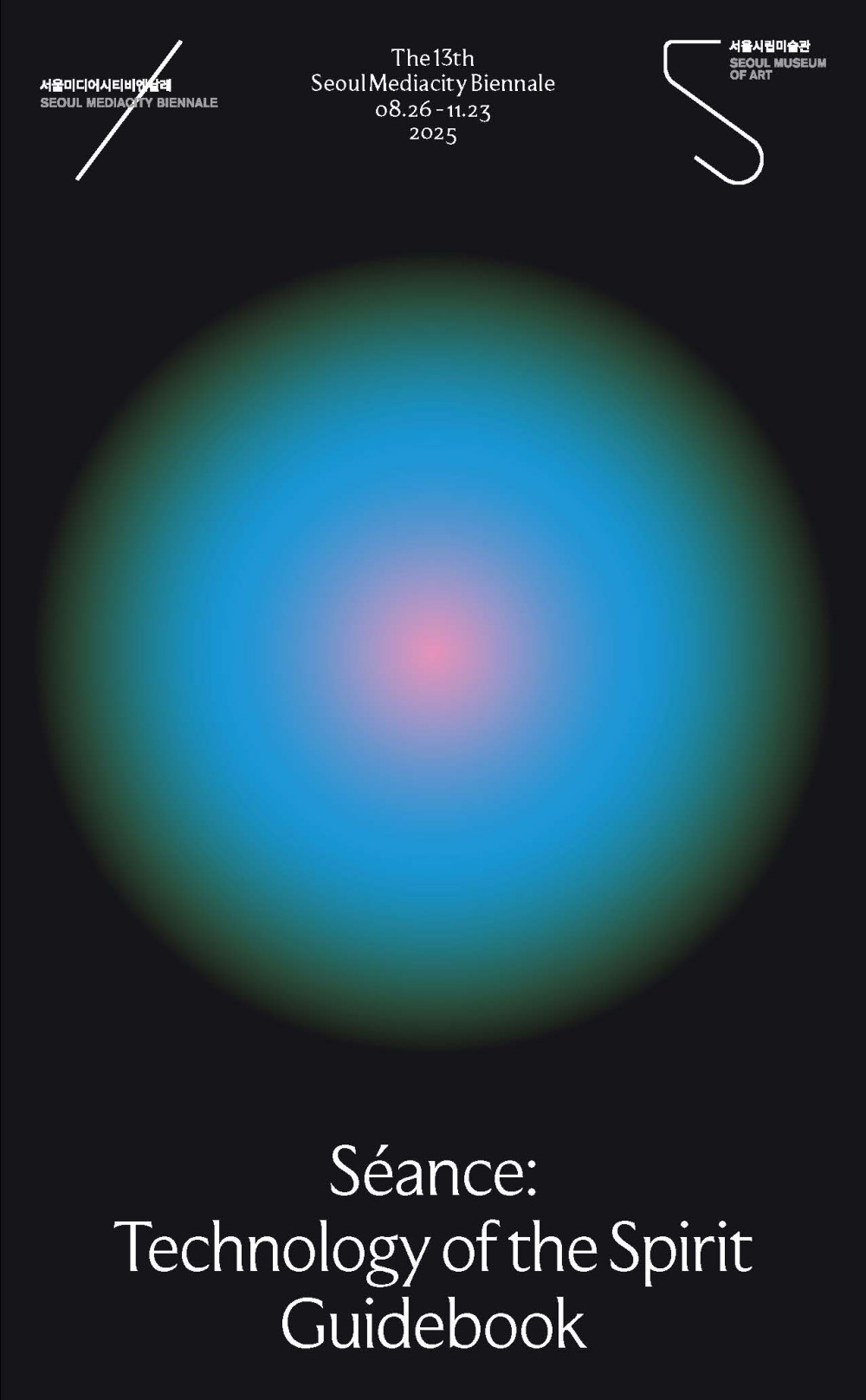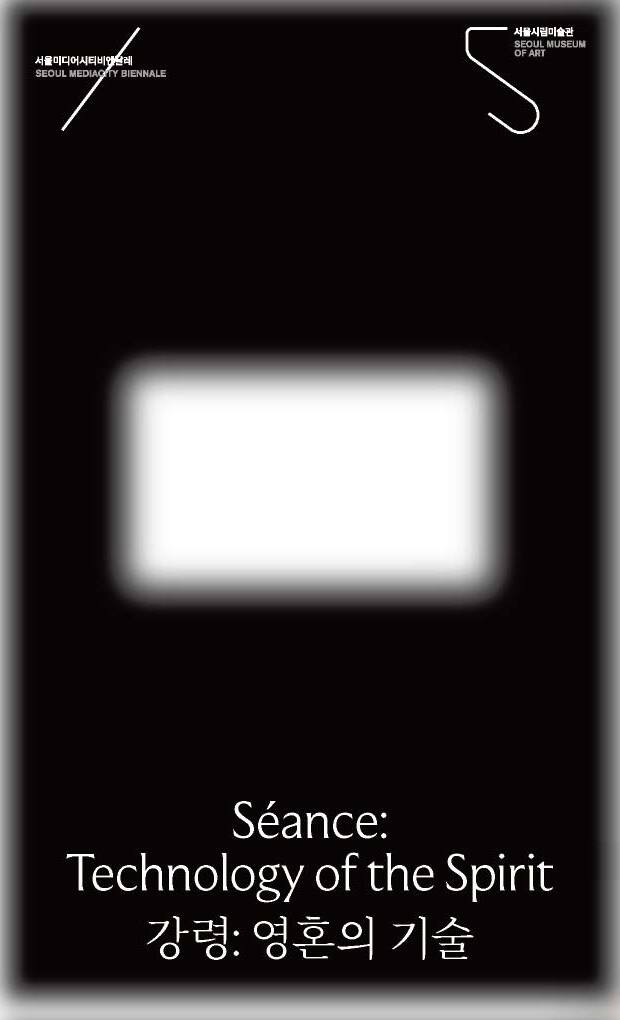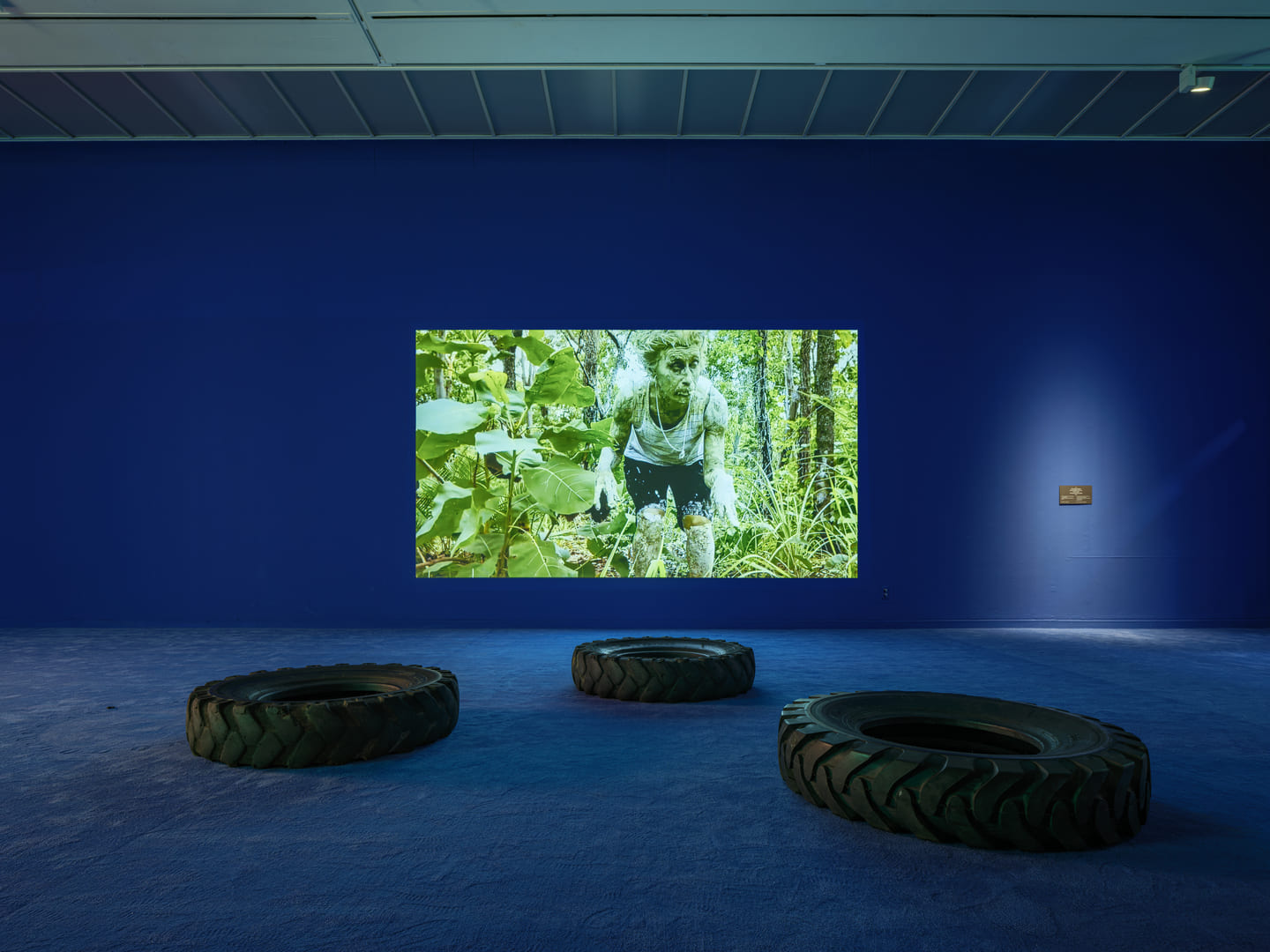
In the Emmiyengal language, “karrabing” describes the time at which the tide is farthest from the shore. It also alludes to the Australian coastline that connects the homelands of Karrabing Film Collective, a grassroots, Indigenous-based media group. Their work retrieves the buried histories of their communities, amplifies the spirits of ancestors, and challenges those capitalist models of history that are used to justify the destruction of the landscape in which its members—and their antecedents—live.
Water figures in Karrabing’s works as infrastructure: part of daily life, land politics, surveillance, and refusal. Moving through coastal terrain, their narratives interweave ancestral knowledge and contemporary struggles, mapping the uneven exchanges between imposed systems and inherited relations. The collective’s witty, angry, and sharply observant work functions both as an expression of resistance and a form of critique.
The Family and The Zombie shifts between the present—in which members of the collective struggle to maintain their physical, ethical, and ceremonial connections to their ancestral lands—and a dystopian future populated by ancestral beings and white zombies. The film mixes comedy, tragedy, and realism to reflect on the destructive practices of toxic capitalism and its impact on worlds to come.

